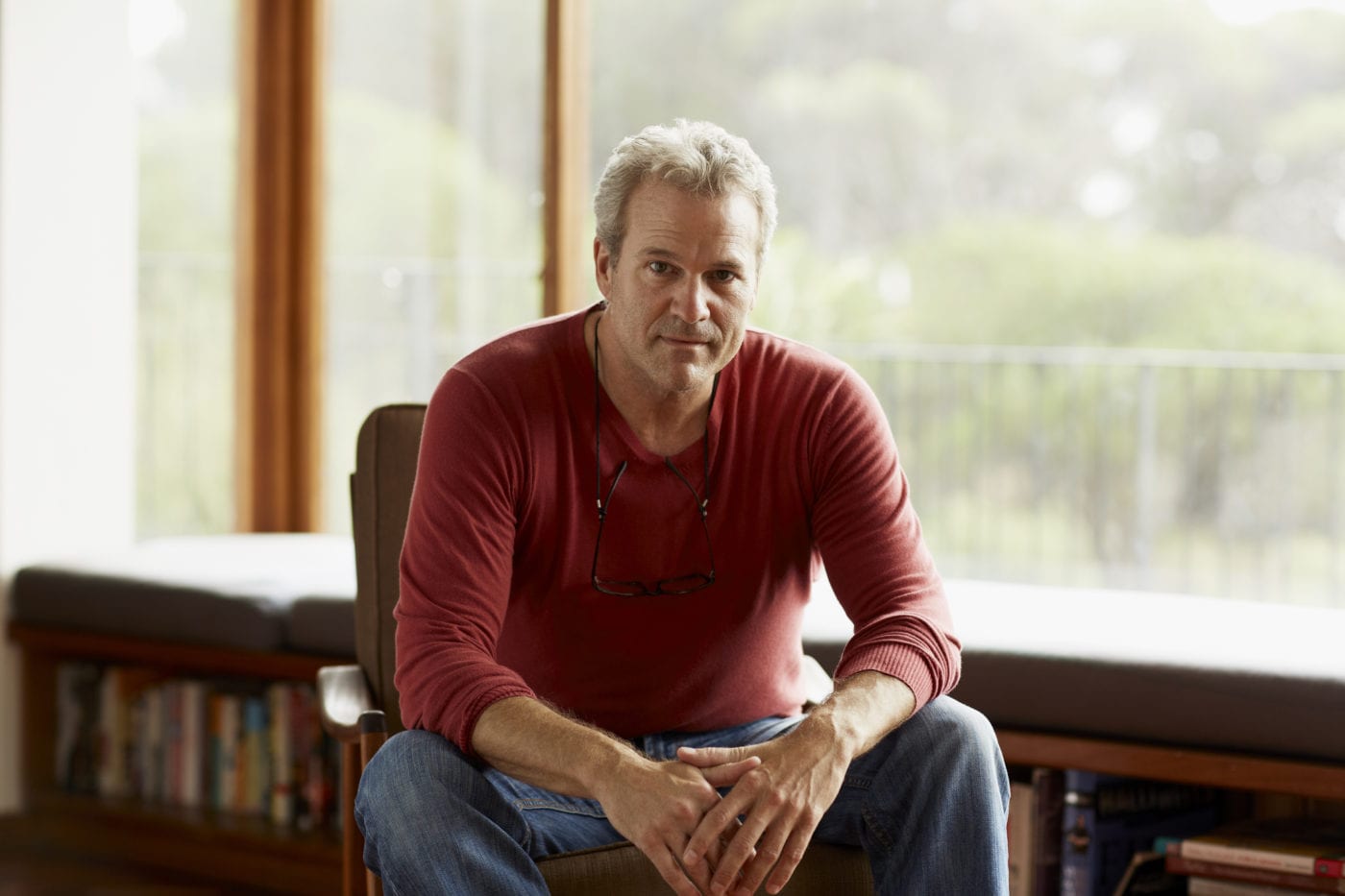You have access to a wealth of great natural resources, sometimes also called your strengths. But do you tap into them?
They are gifts that you’ve probably had for most or all of your life. But for much of your life, maybe you just didn’t know it. Maybe you still don’t. Here’s how to identify your natural resources so you can tap into them today.
T—stands for Take.
To tap into them, you need to take a personal inventory of your strengths and write them down. To identify your strengths, it may help to take a look back to your younger years. Has anyone ever communicated your strengths and potential so clearly to you that it profoundly influenced your life—that it helped define who you are today? Think back. Maybe it was your fourth-grade teacher, maybe your high school coach, maybe your best friend, maybe your mom or dad. Someone saw your potential, your unique strengths.
They may have told you, “You have a beautiful voice,” and now you’re a singer. They told you, “You’re good with kids,” and now you’re a teacher. “You have an awesome mechanical mind,” someone said, and you became an engineer. You heard from someone, “You really care about people when they are sick,” and now you’re a nurse. Their loving words of affirmation inspired you to become what you are today. So, start your personal inventory by looking back.
A—stands for Ask.
Before you can tap into your strengths, you have to ask what they are. Perhaps you never had a dad, mom, teacher, coach, or friend who communicated to you the great strengths and potential they saw in you. If that’s the case, here’s one easy way to find out what your strengths are. Just ask five family members or friends this question: “In one or two words, what do you think is my single greatest strength?” While there might be one or two different answers, the majority will probably agree. And when they tell you, it will not be a surprise. They are just confirming something you’ve probably known all along. You just needed someone to bring it to light and affirm it to you.
Many years ago, Bob Biehl of Masterplanning Group International introduced me to the idea of identifying my greatest strength. He also challenged me, as he has done for countless others, to determine what it is. When I asked five friends and family members, I received several very similar answers. I, however, boiled it down to one word: “catalyst.” A catalyst is an agent who provokes change or gets things going. At the same time, I also realized that one of my weaknesses was implicit in that strength. I am not particularly skilled at managing people or things over the long haul. So, if you want to launch a new product, program, or event, I might be able to put together the strategy and field the team to do so. Just don’t let me manage it!
P—stands for Ponder.
It’s important to know your strengths. And that’s not so you can become self-serving, but so you will know, in turn, how to help family members and other people understand their strengths. After you’ve discovered your own, ponder how you can be the person who affirms the strengths you see in your child or friend. My wife, Susan, and I constantly talk to our children about the strengths we see in them and how they can use those strengths. A short note to your child, friend, or coworker also can be a good way to validate their gifts.
Our Family First program for fathers, All Pro Dad, holds events with NFL teams at their stadiums across the country. One thing we do at these major gatherings of fathers and their children is have the men write a short letter to their children. In one part of the letter, we encourage them to describe and praise their son or daughter for unique talents and strengths. But this doesn’t have to be done in a football stadium. You can write a letter at your kitchen table. Is it time for you to affirm your child in his or her strengths right now?
Sound off: What do your loved ones and colleagues say your greatest strengths are?












Huddle up with your kids and ask, “What do you think are your strengths? Weaknesses?”